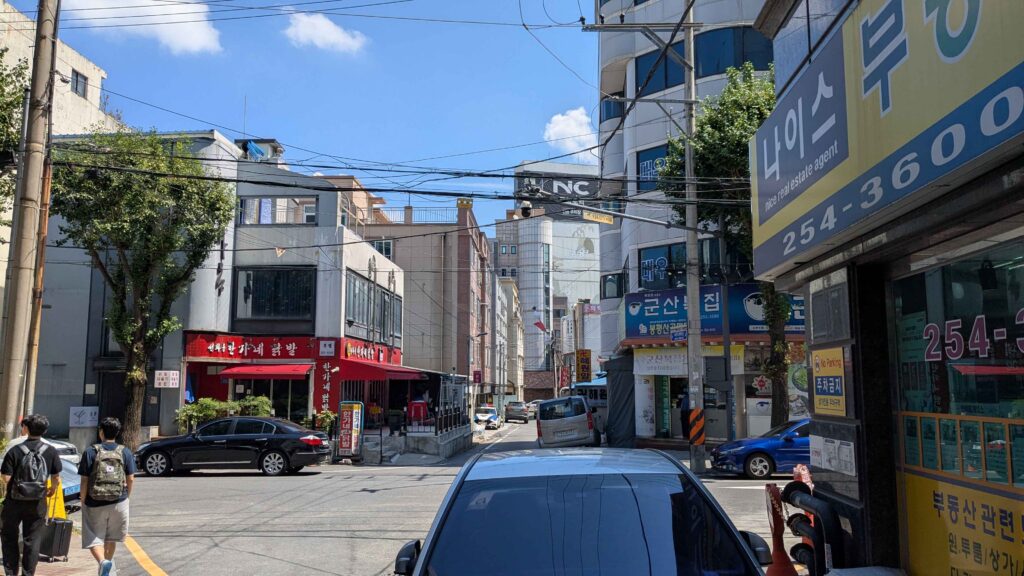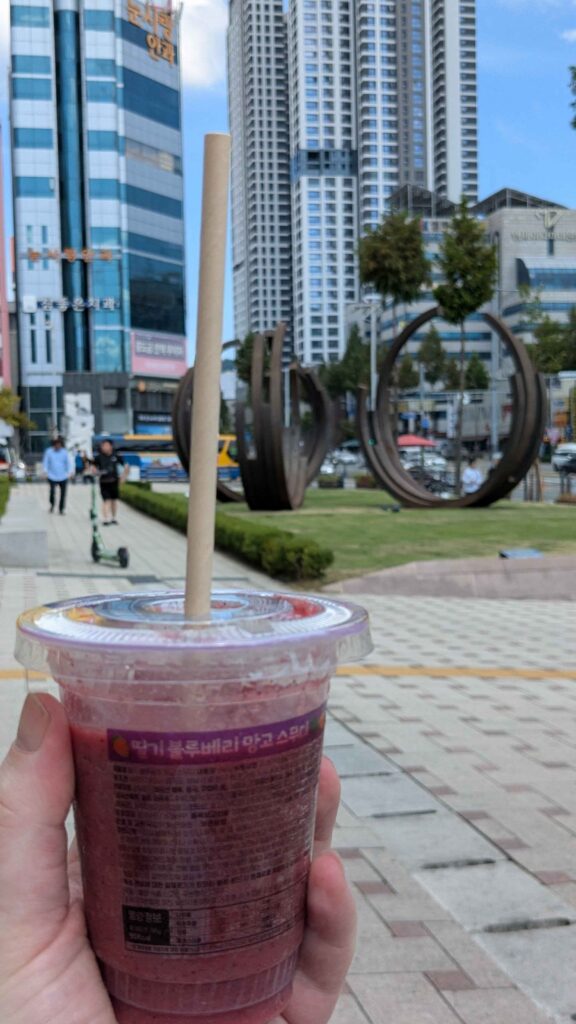We covered University (grades). We covered Work (money). Those were the easy ones. Why? Because they are openly transactional. You give labor, you get a grade or a paycheck. The exchange rate might be unfair, as I ranted about previously, but at least there is a contract.
Friendships are different.
The fundamental definition of friendship is that it is not transactional. I do not listen to your problems so that you buy me a beer. I do not help you move apartments so that you help me move mine. I do it because I care.
But here lies the trap. Because there is no contract, there are no boundaries. And because I claimed „I don’t expect anything in return,“ am I theoretically not allowed to be angry when I get nothing in return?
I feel like most of the time, I am the one who writes first. The one who calls. Asks if my friends have time to do something. Or even takes the first step making friends with someone. I am pretty sure, almost everyone feels that way, though. So you might understand my fatigue.
There is this dangerous question lingering in the back of my mind: If I stopped pedaling, would the bike keep moving? Or would we just fall over? If I didn’t text first, would I ever hear from them again? This tension is where the burnout happens for me. Slowly and unnoticed, as burnout does.
Also, by trying to help I do run the danger to not only hurt myself. We are raised to be helpful. To be good boys and girls. But in my private life, I found that my helpfulness sometimes becomes a burden. There is a point where helping a friend is actually just enabling them to stay stuck. If I am always the shoulder to cry on, I am absorbing their negativity so they don’t have to process it. If I always solve their crisis, they never learn to avoid the crisis in the first place. And worse, if I can’t help, I blame myself, and they might even blame me for my „un-helpfulness“. So is it better to just stay far away sometimes?
And worse, it drains my battery. I realized that it is better for a friendship not to help when the cost of helping is my own stability. When I am lighting myself on fire to keep them warm, as they say.
So, how do we avoid social burnout? I am trying to learn matching their energy. If a friend gives 20%, I cannot give 100% forever. I have to dial it back to 20%. First of all, this is self-preservation. If they truly value the connection, they will feel the void and step up. If they don’t, the friendship fades. But on the other hand, I read that matching the energy of someone actually helps deepen a friendship and a genuine, empathetic connection. Especially, if your friend needs help, sometimes it is just better to not come in swinging with 100% problem solving attitude and energy. For both of us.
I am really, really trying to learn this and act on it.
So this time, there isn’t much intellectualizing going on. Sometimes, you just gotta relax, hang out and not worry about all that stuff. Leave that to your 9-5.
End of series.







